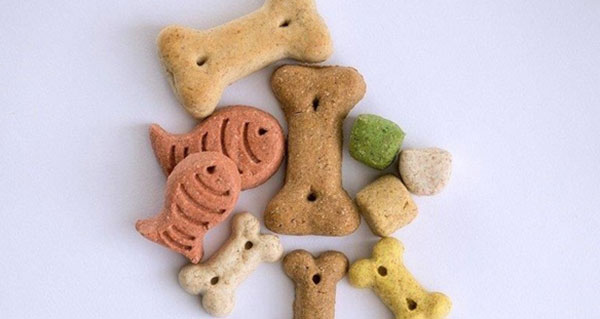There’s no defined line that determines when a pet transitions into their senior years. As a general guide large breed dogs such as the Great Dane may be considered a senior at the age of 5 where smaller breed dogs at 7 to 8 years of age are likely to be nearing their senior years. Cats are said to entering their senior years around 7 years of age! It depends on breed, health status and their genetic make up.
Owners know their pet better than anyone and what their ‘normal’ is so usually you will begin notice some signs they’re ageing.
There may come a day you realise your once exuberant little bundle who appeared eager for a walk at any hour of the day now prefers to laze around house and let you do the walking – solo!
Signs of ageing…
- Decrease in energy levels
- Trouble rising and jumping up; arthritis
- Greying around the muzzle and coat
- Changes in hearing, sight and smell
- Appetite changes
- Changes in body condition- weight gain or loss
- Changes in urination and defecation
- Dental disease
- Change in sleep patterns
- Metabolism slows
- Lowered Immunity
Animals dietary needs change at different stages of their life. Providing your pet with the correct diet according to their needs is essential for health maintenance, disease prevention and management. Your veterinarian will be able to help you determine the right diet for your pet.
How may nutritional requirements change as pets age?
Activity levels decrease and metabolism starts to slow down therefore a food that is lower in calories and fat will help maintain a healthy body weight.
Obesity comes with a world of health problems such as heart issues and diabetes, preventing obesity is a lot simpler than trying to help your pet lose weight.
In some cases pets will lose weight as they age, therefore calorie intake should not be reduced and a visit to the vet is recommended.
An ageing pet with arthritis may benefit from a diet that helps with joint health.
Some medical conditions require a more specialised diet and all senior pets should be a fed a diet that is suitable for their individual needs.
Managing the dietary intake for our pets involves more than just what we feed…..
Their sense of smell is not as sharp as the younger years warming up food may entice a disinterested pet.
Bending down to eat from a bowl could be painful for pets especially large arthritic dogs- raise food and water bowls if necessary.
Some pets may benefit from receiving several small meals each day rather than one big meal.
Reseal bags to maintain optimal freshness and smell.
For further information please phone our friendly staff on 4362 1644

